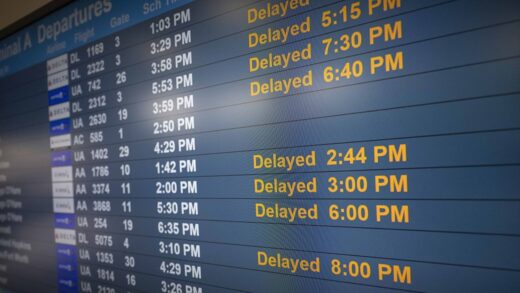Kim Raff / Bloomberg / Getty Images
Zions Bancorp stock fell 13% after it said it would write off $50 million of loans compromised by alleged fraud.
-
Regional bank stocks slumped on Thursday after Zions Bancorp said it would write off loans to two borrowers it accused of fraud.
-
Zions’ write-off added to mounting concerns about lax lending standards and undisclosed entanglements among non-bank financial institutions, with which banks have dramatically increased their business in recent years.
-
The recent bankruptcies of auto parts maker First Brands and subprime auto lender Tricolor have Wall Street worried that more credit-related losses are on the horizon.
Regional bank stocks tumbled on Thursday after Zions Bancorp said it would write off fraudulent loans made to two borrowers, adding to investors’ fears about lending standards and stress in credit markets.
Zions Bancorp (ZION) on Thursday said it had recently identified “what it believes to be apparent misrepresentations and contractual defaults” by two borrowers. As a result, it plans to write off $50 million of the $60 million outstanding on the affected loans.
Shares of Zions dropped 13% on Thursday, leading regional banks lower. The KBW Regional Banking Index fell 6%.
After the banking crisis of 2023, in which mid-sized lenders like Silicon Valley Bank and Signature Bank collapsed, bank investors are especially attuned to distress in the loan portfolios of regional lenders. Small losses at one lender can be a warning of similar losses elsewhere, the accumulation of which can put stress on the broader financial system.
The recent bankruptcies of two companies in the auto sector—car dealer Tricolor and auto parts maker First Brands—have cast a spotlight on potential credit market risks. Tricolor is alleged to have fraudulently pledged risky subprime loan portfolios to multiple creditors, while First Brands was allegedly borrowing against invoices to mask the true size of its debt.
Regional lender Fifth Third Bancorp (FTB), in a regulatory filing in early September, said it would take a $170 million charge related to the collapse of subprime auto lender Tricolor. JPMorganChase (JPM) also wrote off $170 million in Tricolor-related loans in the third quarter. And Raistone, which facilitates short-term business loans, has said $2.3 billion has “simply vanished” as a result of First Brands’ failure.
The dual bankruptcies have some on Wall Street worried that more credit losses are in the offing. “I probably shouldn’t say this, but when you see one cockroach, there are probably more,” said JPMorgan CEO Jamie Dimon on Tuesday following the release of a better-than-expected earnings report from the banking giant.
#Concerns #Bad #Loans #Rocked #Bank #Stocks #ThursdayHow #Cockroaches
















